A lot of homeowners only think they need air conditioning repair when their system completely stops working. However, the fact is your air conditioner will often drop hints letting you know it’s in trouble before a total breakdown that results in new AC installation. Recognizing the symptoms and calling the experts at JTech Mechanical to handle issues early can spare you the hassle and expense of a full AC system failure. More importantly, it can prevent the discomfort of having your AC stop working on a really hot day.
When you call us, our team of certified HVAC technicians will diagnose the issue, fix the problem and restore your comfort fast. We have years of experience and provide reliable, budget-friendly AC service for area residents.
Why wait until your cooling system stops working? Skip all that hassle by calling today to schedule AC repair in Magnolia, TX, from JTech Mechanical.
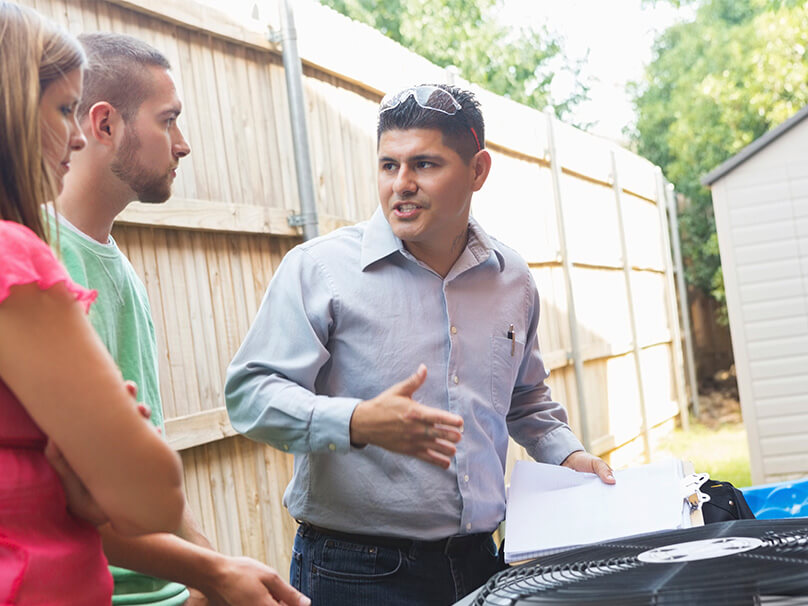
Signs You Need AC Repair
What are the signs your air conditioner needs repair? From strange odors to a lack of cool air coming from the vents, there are many indicators that your cooling system has an issue and needs evaluation or repair.
Here are some red flags that trouble may be around the corner and it’s time to call an HVAC technician from JTech Mechanical:
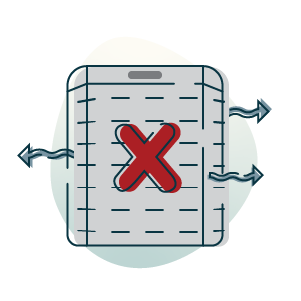
AC is blowing hot air
If hot air is coming from your AC unit instead of cool air, or if the air isn’t as cold as you’d like, it’s a good idea to call us for professional cooling service.
Air conditioning frequently turns on and off
If your AC system starts and stops instead of maintaining steady operation, it could be a warning of potential issues and should be evaluated by one of our certified HVAC technicians.
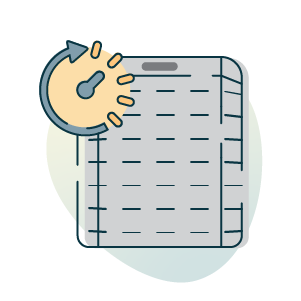
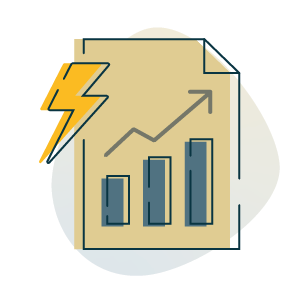
Cooling bills spike for no apparent reason
A big jump in your energy bills can be a signal your AC unit is losing efficiency, which means it uses more energy to cool your home and needs AC maintenance or repair.
Strange odors are coming from your air conditioning
Air conditioners should not stink. Unusual odors coming from your AC unit should be checked by an expert, as they can be a sign of problems like mold, mildew or even electrical issues.
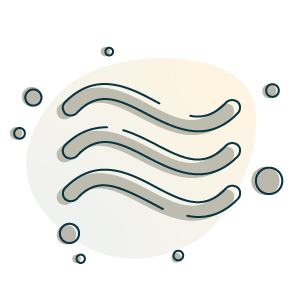
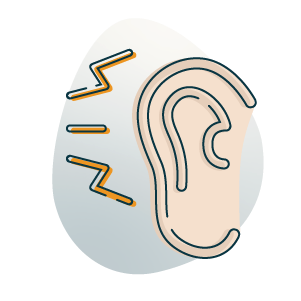
AC makes loud noises when it runs
If you hear strange sounds when your air conditioning is running — thumping, scraping or high-pitched whining, to name just a few — it’s important to call for professional HVAC service to get to the bottom of the issue.
Request Professional Air Conditioner Repair Right Away
When you require air conditioning service fast, get in touch with the HVAC repair specialists at JTech Mechanical. We’ll speedily pinpoint the issue when your air conditioner won’t start or deliver sufficient chilly air.
